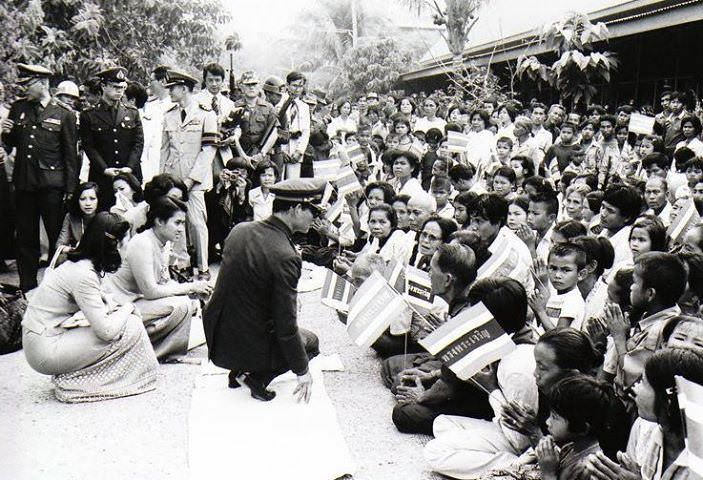
In the wake of King Bhumibol Adulyadej’s death on October 13, 2016, the deeply spiritual country of Thailand has entered a year-long period of mourning for their country’s beloved leader, and the world’s longest reigning monarch. The Thai government has asked its citizens to avoid “joyful events” for the next thirty days – festivities such as concerts, sports events and cinema screenings have been postponed while the country comes together to grieve. During this somber time in Thailand’s history, business travelers should be especially sensitive, observing mourning rituals with utmost respect for cultural customs and national sentiment. If your business endeavors bring you to Thailand during this period of mourning, here are four cross-cultural tips to guide your trip. Your business partners will appreciate your efforts to educate yourself on their wise, benevolent King Bhumibol, who held their country together in times of crisis.

Leave A Comment